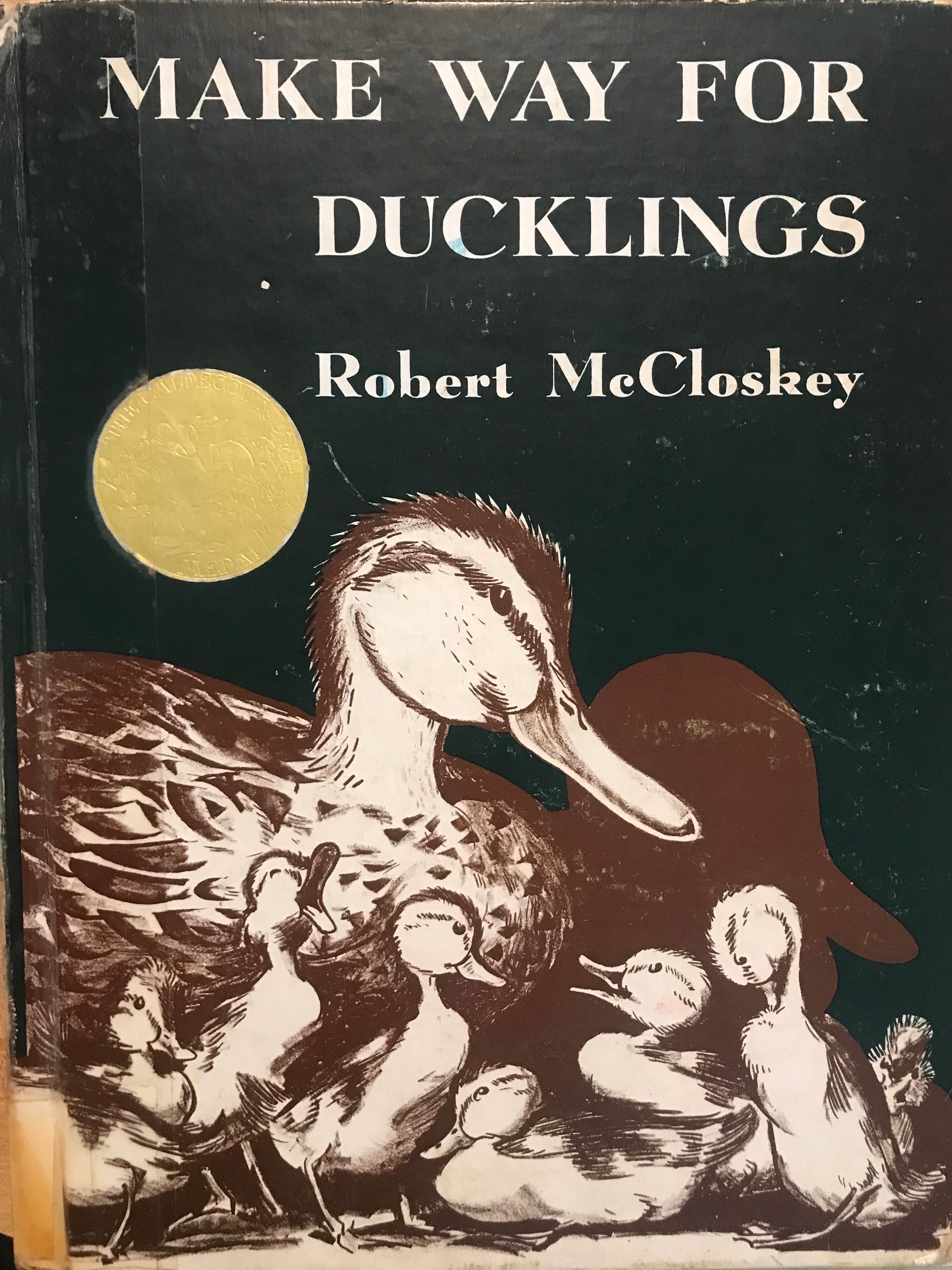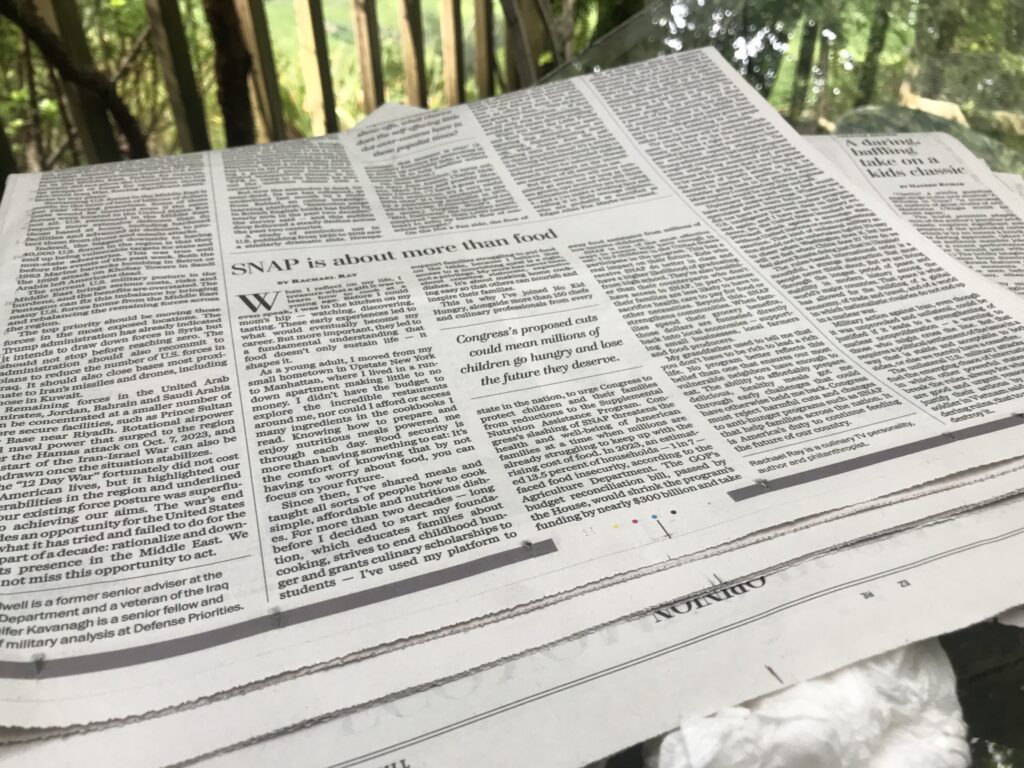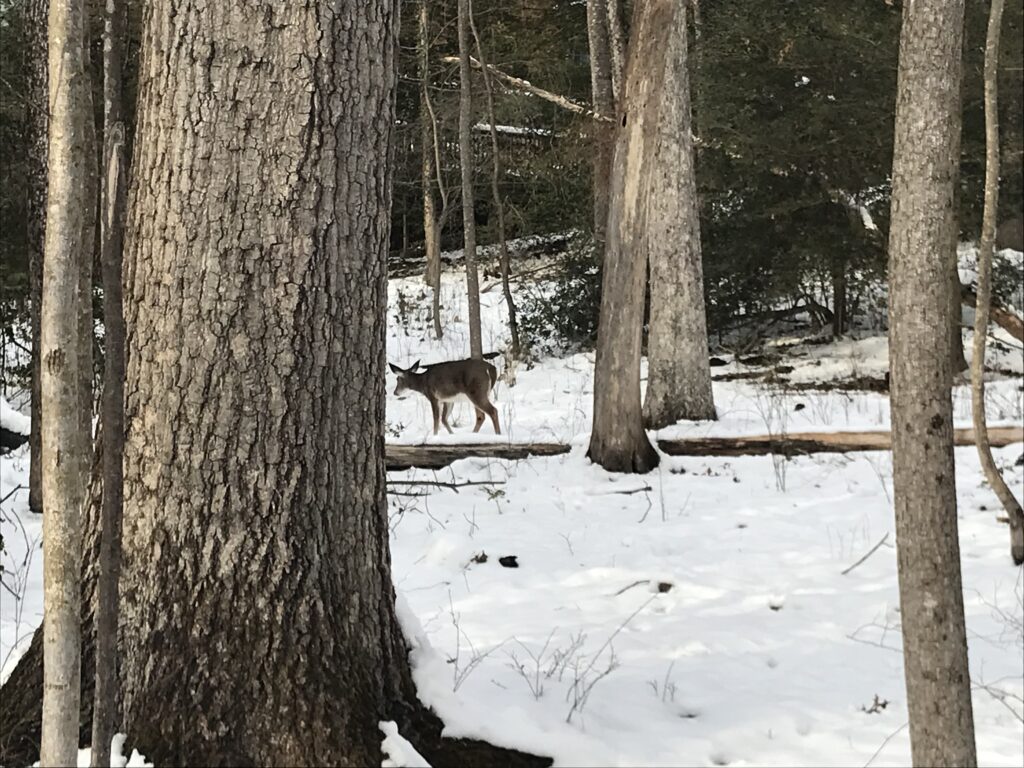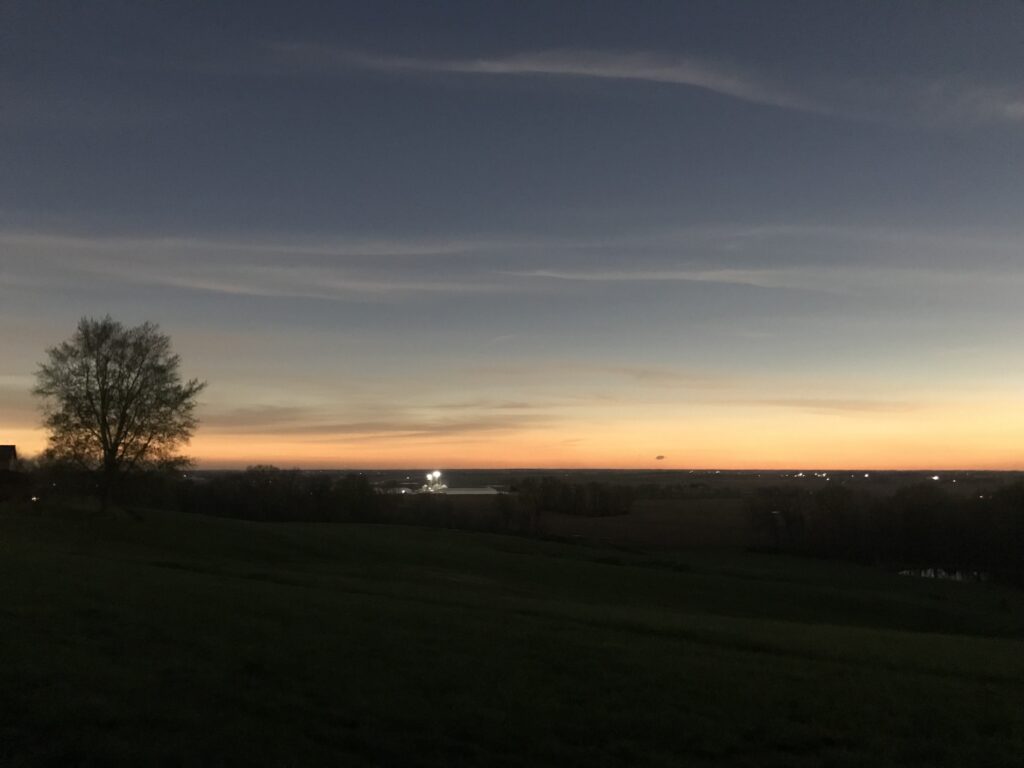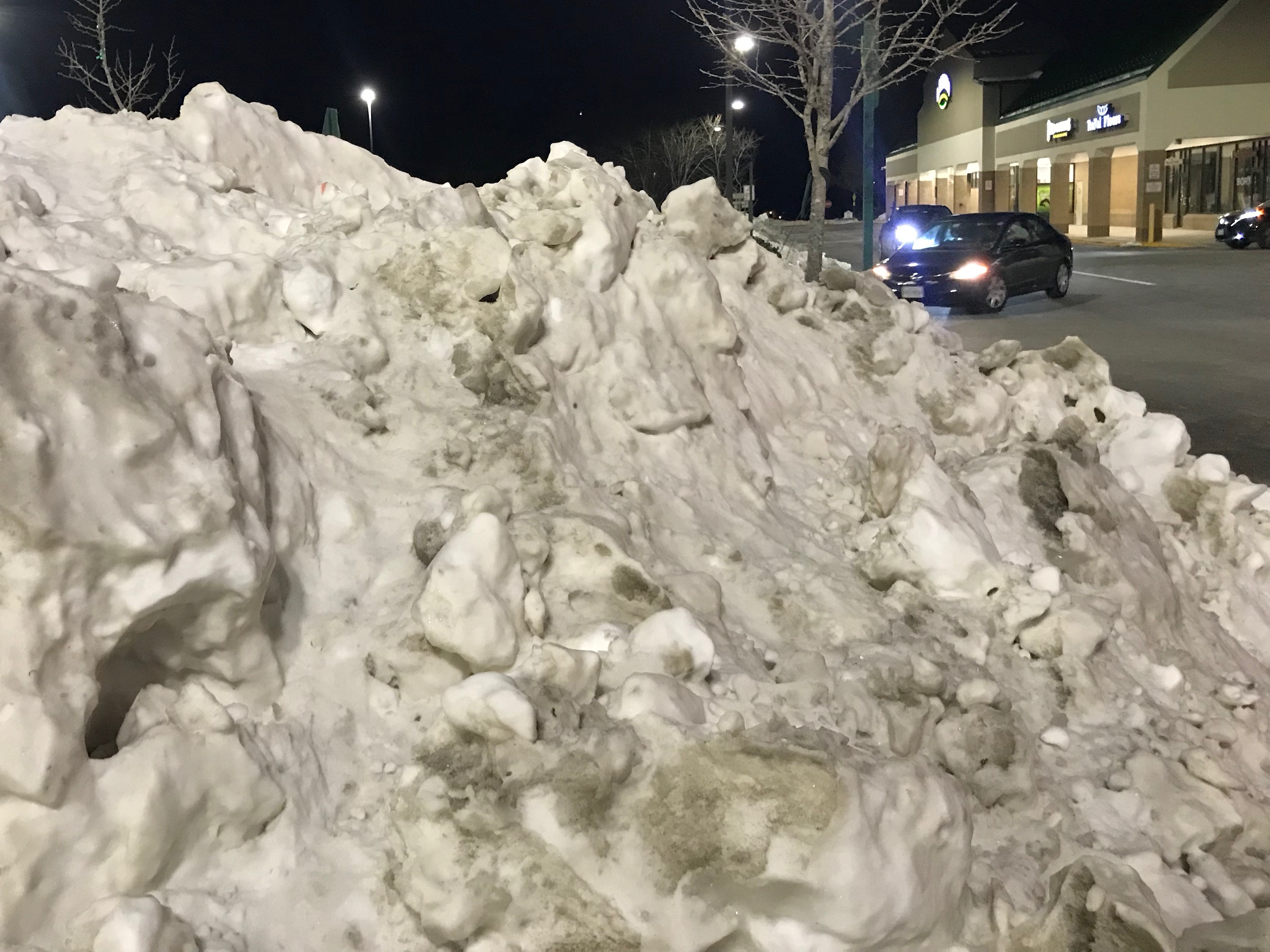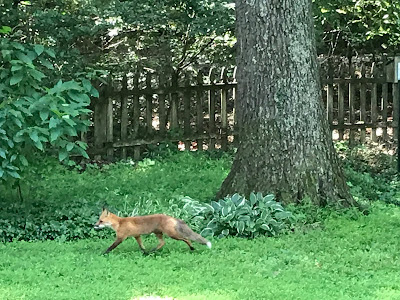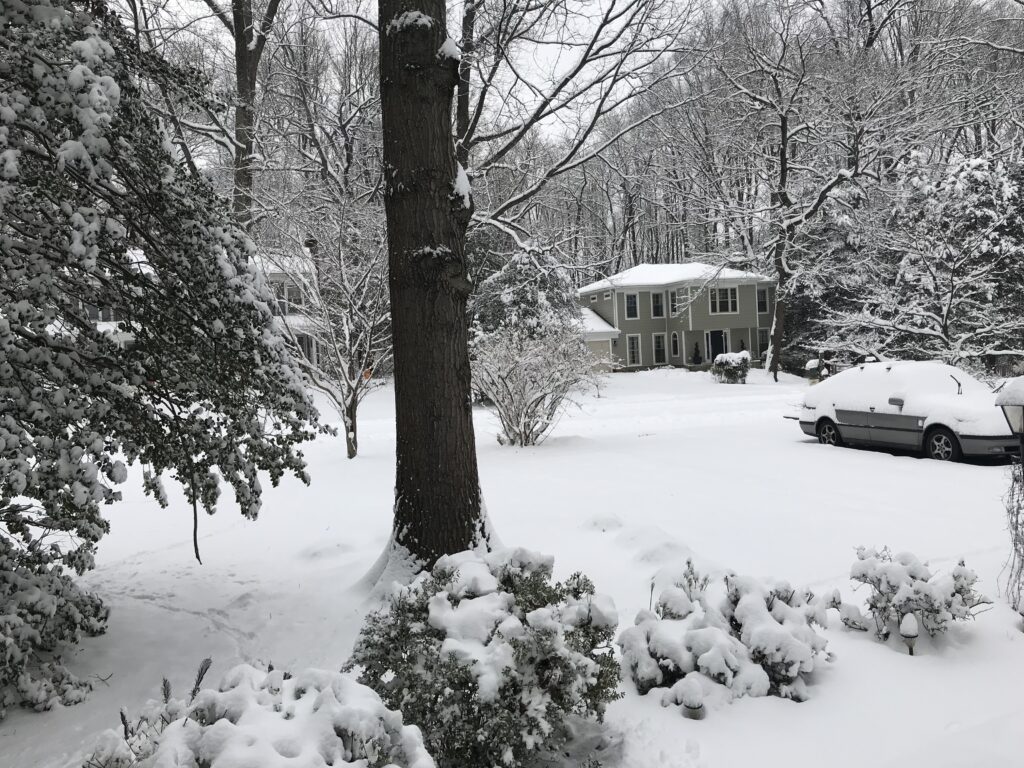16 Candles
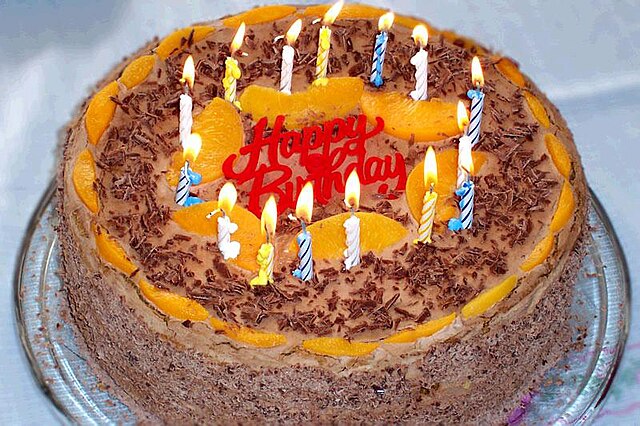
Today, A Walker in the Suburbs turns 16. It’s grown from a baby to a kid, and is now a rebellious teenager, asking for the keys to the car. How does a blog become rebellious, you ask. It demands a makeover, for starters. It sleeps late. It takes risks. In short, it grows up.
When I wrote my first post on February 7, 2010, blogs may not have been in their heyday but they were more relevant than they are now. But I’d finally found a moment to start the one that had been rattling around in my head, a perennial resolution I thought I’d never keep.
I know that a blog in an AI-driven, highly algorithm’d world is like one of those Amish horse and buggies I used to see on the roads in northern Ohio, when we visited Suzanne in college. It is hopelessly out of date.
But the more out-of-date blogs are, the more rebellious I feel. Here I am on WordPress, world! Take that, Substack! Must be those 16 candles, egging me on.
(Photo: Wikimedia Commons. I only count 15 candles, but close enough!)
